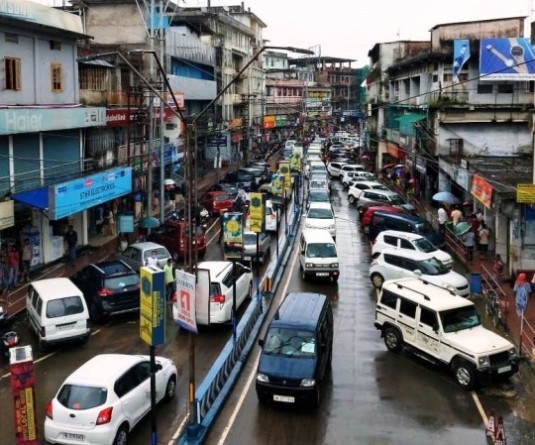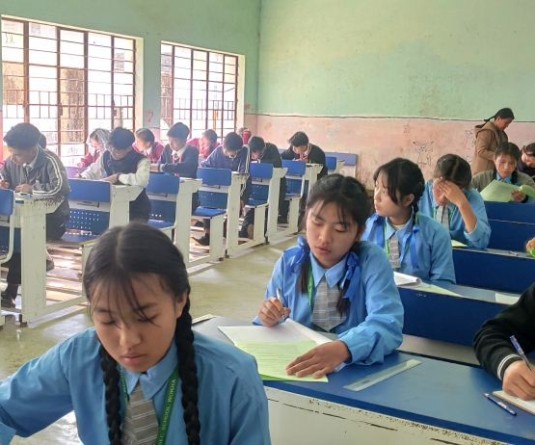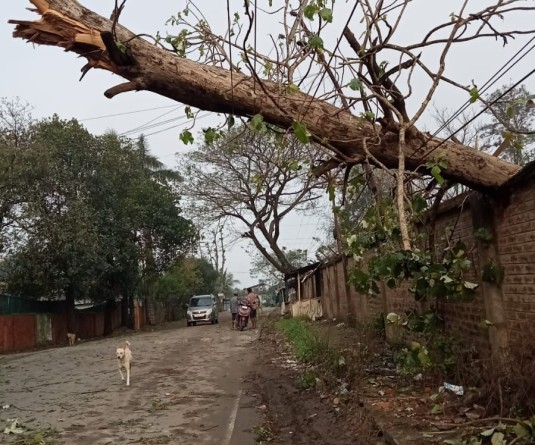
Report reflection: Young people who have completed 8 years of schooling have difficulty applying their literacy and numeracy skills to real world situations
DIMAPUR, MARCH 23 (MExN): The Annual Status of Education Report 2017 (ASER 2017), Nagaland Chapter, was released by the Governor of Nagaland and Rector Nagaland University, PB Acharya, on March 21 at Raj Bhavan, Kohima.
ASER 2017: ‘Beyond Basics’, Nagaland Chapter, was carried out in partnership with Education Department, Nagaland University.
PRO, Raj Bhavan in a press release stated that for the first time, since 2005, ASER has focused on 14 to 18 year olds who have moved just beyond the elementary school age. Kohima district was one of the 28 districts assessed from 24 states of the Country.
Looking at 14 – 18 year olds, the 2017 ASER report made an attempt to look ‘beyond basics’, to explore a wider set of domains, and the preparedness of this age group in applying their literacy and numeracy skills to real world situations. Four domains were considered – activity, ability, awareness and aspirations. Besides recording enrollment and learning levels, varied tasks like telling time, purchase decisions, weights and assessments of digital, financial access were applied.
Data highlights for Kohima district show higher enrollment than all districts, with only 8% youth not enrolled anywhere, as to 14% not enrolled, for all districts. However, in Kohima only 63% of all youth (enrolled and not enrolled) had completed 8 years of schooling as compared to 81% for all districts. In Kohima 77% could read fluently but only 46% could read and follow written instructions; all districts – 75% could read fluently and 54% read and follow written instructions.
Data also showed that whether enrolled or not, in Kohima 27% worked (including regular chores, farming) while for all districts it stood at 42%. Vocational training in Kohima was 2.4%; all districts stood at 5%. In Kohima – 51% of youth under the category have never used a computer as compared to all districts at 56%. In Kohima – 59% have never used the internet; all districts – 61%.
ASER 2017 reflects that many young people who have completed 8 years of schooling have difficulty applying their literacy and numeracy skills to real world situations. Overall patterns indicate that while basic foundational skills like reading and arithmetic are very helpful for daily tasks and common calculations, not everyone who has these foundational skills can correctly complete these everyday tasks. Data also show that females perform worse than males on almost all tasks.
ASER 2017 findings suggest that it is a must to ensure that the young people reach adulthood with knowledge, skills, and opportunities so that India’s much awaited ‘demographic dividend’ materializes. Serious & immediate rethinking about this age group is urgently needed. ASER 2017 is an attempt to shine a spotlight on this serious situation. For more details visit asercentre.org or email prathamnagaland@gmail.com





